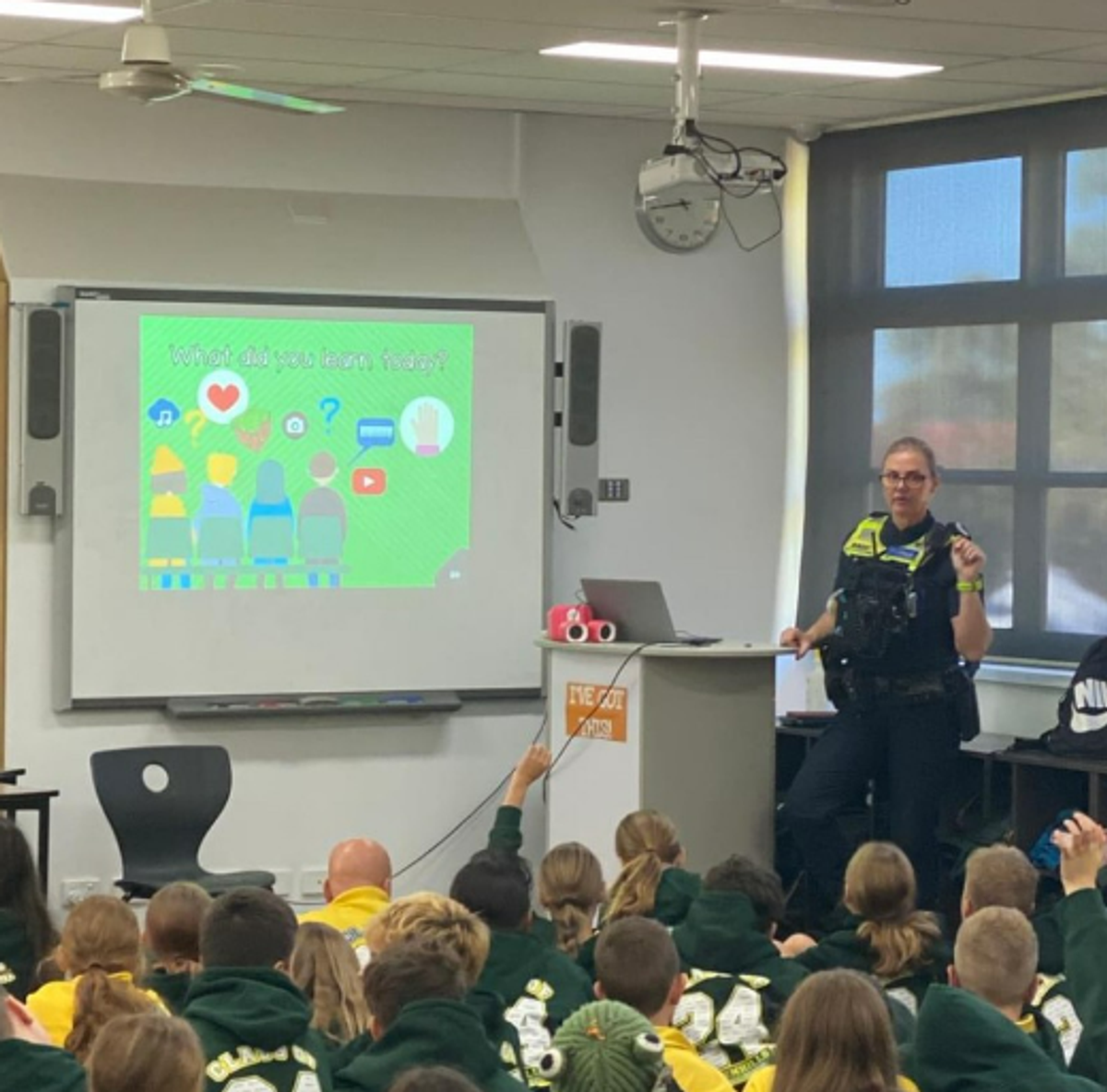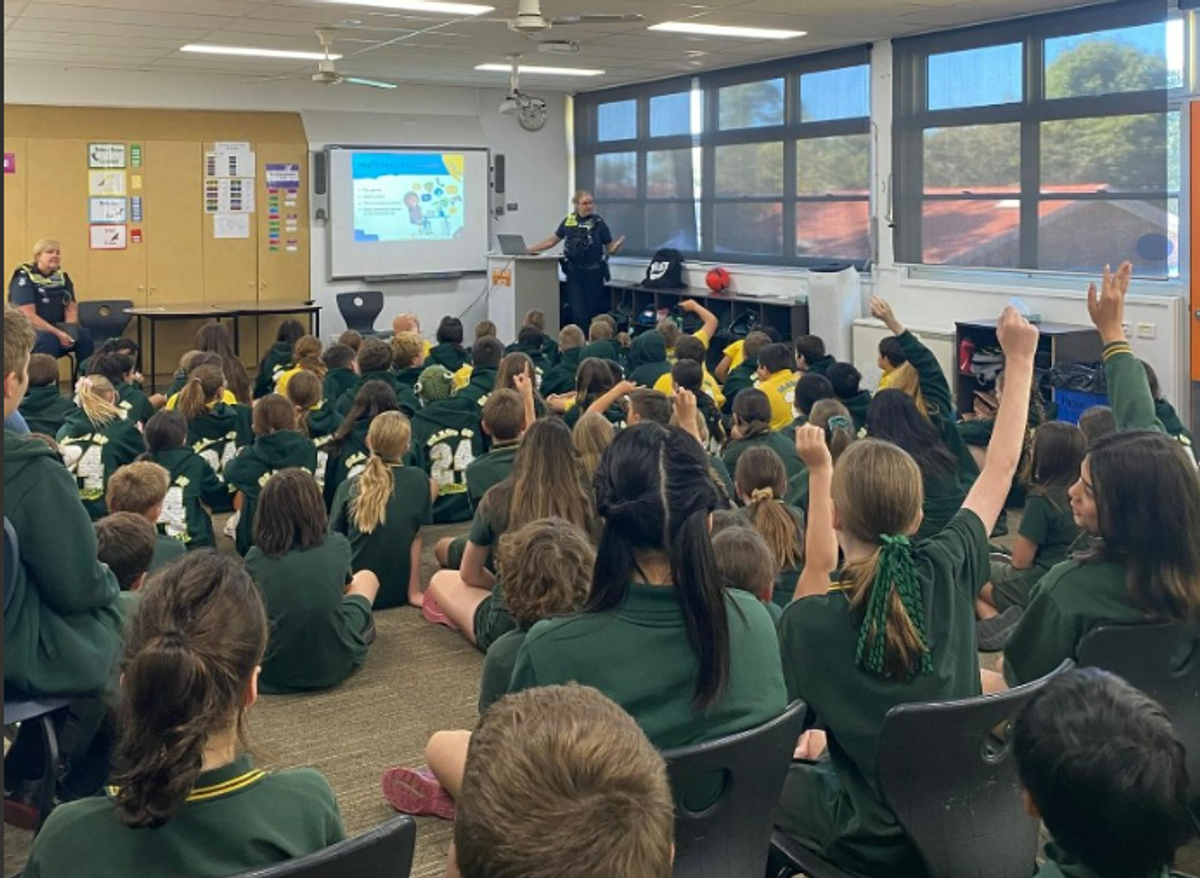Student Wellbeing

Building cyber safe habits in our students
The digital world is amazing and growing by the day, offering opportunities and conveniences. However, as we navigate this, the importance of cyber safety becomes paramount, especially for our youngest and most vulnerable users—primary school students. At Greenhills, we teach the importance of being cyber safe and how to keep ourselves safe through our wellbeing program. We lean on experts to assist in developing our students’ understandings, which was seen with our Year 5 and 6 students having a police member who is an expert in cyber safety speaking to them recently. We also work with our families to support them in keeping their children cyber safe and we are exploring the chance to run a Parent night in Term 3 to continue to build this across our community.
As a parent, ensuring your child's safety in the digital world is a growing concern. Susan McLean, an internationally recognised expert on cyber safety, emphasises the importance of proactive strategies to protect children online. First and foremost, it is crucial to establish open communication with your child about their online activities. Encourage them to share their experiences and any concerns they may have. By maintaining an open dialogue, you can better understand the digital spaces they navigate and provide guidance on safe online behaviour.
In addition to communication, setting clear rules and boundaries regarding internet usage is essential. It is recommended that creating a family agreement that outlines acceptable online behaviour, time limits, and the types of websites and social media platforms that are appropriate. This agreement should be revisited regularly to adapt to your child's changing needs and the evolving digital landscape. Monitoring your child's online activity, either through parental control software or regular check-ins, can help ensure they are adhering to these guidelines while also identifying potential risks early on.
Educating your child about the potential dangers online and how to respond to them is vital. Teach them about privacy settings, the importance of keeping personal information private, and how to recognise and report inappropriate content or behaviour. The significance of fostering critical thinking skills in children so they can make informed decisions and stay safe online is huge. By equipping your child with the knowledge and tools to navigate the digital world responsibly, you can help create a safer online environment for them.
janine.hough@education.vic.gov.au
bradley.ryan@education.vic.gov.au
Janine and Brad.




